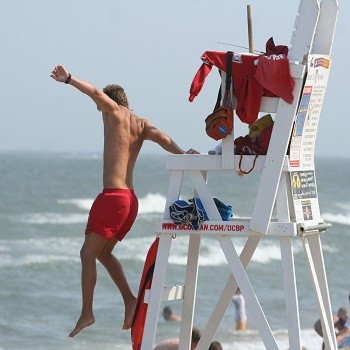The advantage of workman’s compensation insurance is that it is supposed to be no-fault.
 Just like with your no-fault car insurance this means that even if your mistake led to the accident, workman’s compensation will still cover the cost of your medical care and time off for work. The payoff is that if the accident is caused by your employer’s negligence you cannot file a civil suit against them. Sounds like a perfect system except that the insurance carriers will still try and find ways to avoid having to make a payout. Call a Missouri workman’s compensation attorney if your employer is denying your claim based on fault.
Just like with your no-fault car insurance this means that even if your mistake led to the accident, workman’s compensation will still cover the cost of your medical care and time off for work. The payoff is that if the accident is caused by your employer’s negligence you cannot file a civil suit against them. Sounds like a perfect system except that the insurance carriers will still try and find ways to avoid having to make a payout. Call a Missouri workman’s compensation attorney if your employer is denying your claim based on fault.
Assigning Fault for an Accident
There are certain circumstances where fault can be assigned to either party. For example, if your accident was caused by obvious gross negligence or absolute disregard for your safety, than a Missouri court may allow you to file a personal injury claim. On the other side, if the employee is found to be intoxicated or under the influence of drugs at the time of his accident then an employer has the right to deny compensation. These are extreme examples, but insurance companies will sometimes use this to justify denying your claim based on the accident being your fault.
Defining Excessive Horseplay
Horseplay is a common tactic that will be used to deny a claim. This is when an employer finds that the injury causing event was due to excessive fooling around by the employee. What exactly defines excessive horseplay in these cases is usually left up to the administrative judge. For example, a young St. Louis lifeguard was injured while playing with water guns with other lifeguards. When he fell he chipped his front tooth and required dental care to repair it. The employer denied his claim and refused the bill from the dentist stating that the lifeguard was responsible since the injury was a direct result of horseplay, not in the scope of his employment.
When the case was heard on appeal the administrative judge overturned the denial. Evidence was provided showing that this type of horseplay occurred often and that no employees were ever disciplined for engaging in it. In finding for the lifeguard, the employer was ordered to pay for the medical treatment, provide for a permanent partial disability, future medical care, and disfigurement. Decisions for these types of cases vary from circumstance to circumstance, but seem to be contingent on how the employer reacted on a regular basis. If it seemed to be acceptable behavior then they may be held responsible for any injury that occurred.
Appealing the Denial
Insurance companies that carry workman’s compensation need to respect the no-fault aspect of it. While they may find it unjust to pay for an injury that was the direct result of the employees negligence this is the way the insurance was designed. If you are being denied medical treatment because you caused the accident at work, call The Law Office of James M. Hoffmann at (314) 361-4300 to help you appeal the decision.
Photo credit: en.wikipedia.org
